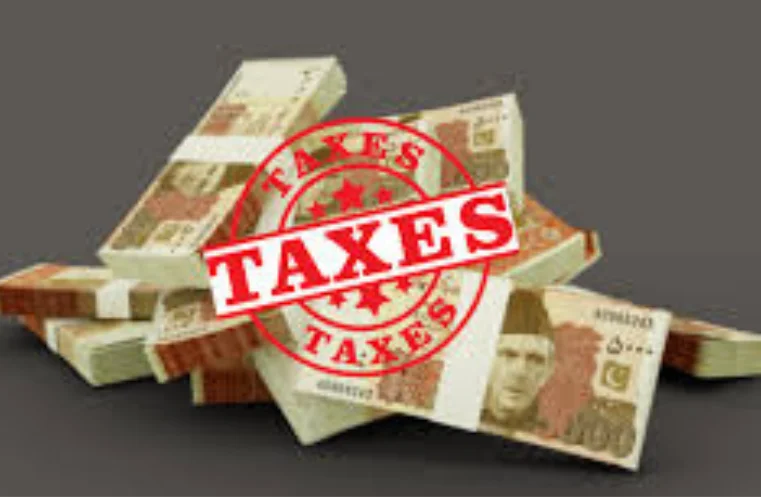Islamabad, Jan 16: The Federal Board of Revenue (FBR) has achieved a remarkable milestone in sales tax collection, recording an additional Rs998 billion during the fiscal year 2023-24. This surge highlights the government’s enhanced taxation policies and evolving consumption patterns across essential sectors.
A significant portion of this revenue came from electricity consumption, contributing Rs364.66 billion, an impressive 63.4% increase compared to the previous year. The total domestic sales tax revenue surpassed Rs1,222 billion, reflecting robust growth across diverse industries.
Key sectors demonstrated noteworthy performance:
- Sugar: Sales tax collection reached Rs98 billion, a 28.5% increase, signifying steady demand in the sector.
- Cement: With a 60% surge, tax revenue climbed to Rs66.61 billion, indicating accelerated construction and infrastructure development.
- Cigarettes: Sales tax on cigarettes rose sharply by 64.3%, generating Rs61 billion, while the Federal Excise Duty (FED) on cigarettes amounted to Rs237 billion, reflecting a 67% increase.
- Tea: Revenue from tea products grew by 31%, contributing Rs22.72 billion, as tea remains a staple in households.
- Vehicles: Tax collection from vehicle-related sales soared by 160%, reaching Rs13.36 billion, highlighting a resurgence in automotive demand.
- Biscuits: This category saw a 56% increase, with contributions of Rs15 billion, showcasing consistent consumer preference for packaged snacks.
Interestingly, GST collection on petroleum products declined by 4.3%, indicating potential shifts in energy consumption patterns.
Read More:
Petrol and Diesel Prices Hiked Amid Inflation Surge
Although, The report underscores that these increases in revenue are largely attributable to revised tax policies, improved compliance mechanisms, and growing consumer demand for essential goods and services. Sectors such as electricity, gas, sugar, cement, cigarettes, tea, beverages, and biscuits have emerged as pivotal contributors to the national exchequer.
However, FBR’s comprehensive documentation not only sheds light on the country’s fiscal health but also highlights the evolving dynamics of consumption across various economic segments. This progress demonstrates a strong alignment between taxation strategies and the economic behaviors of consumers, paving the way for continued growth in revenue collection.
